WHAT’S THE DIFFERENCE BETWEEN A DUI AND DWI IN MISSOURI?
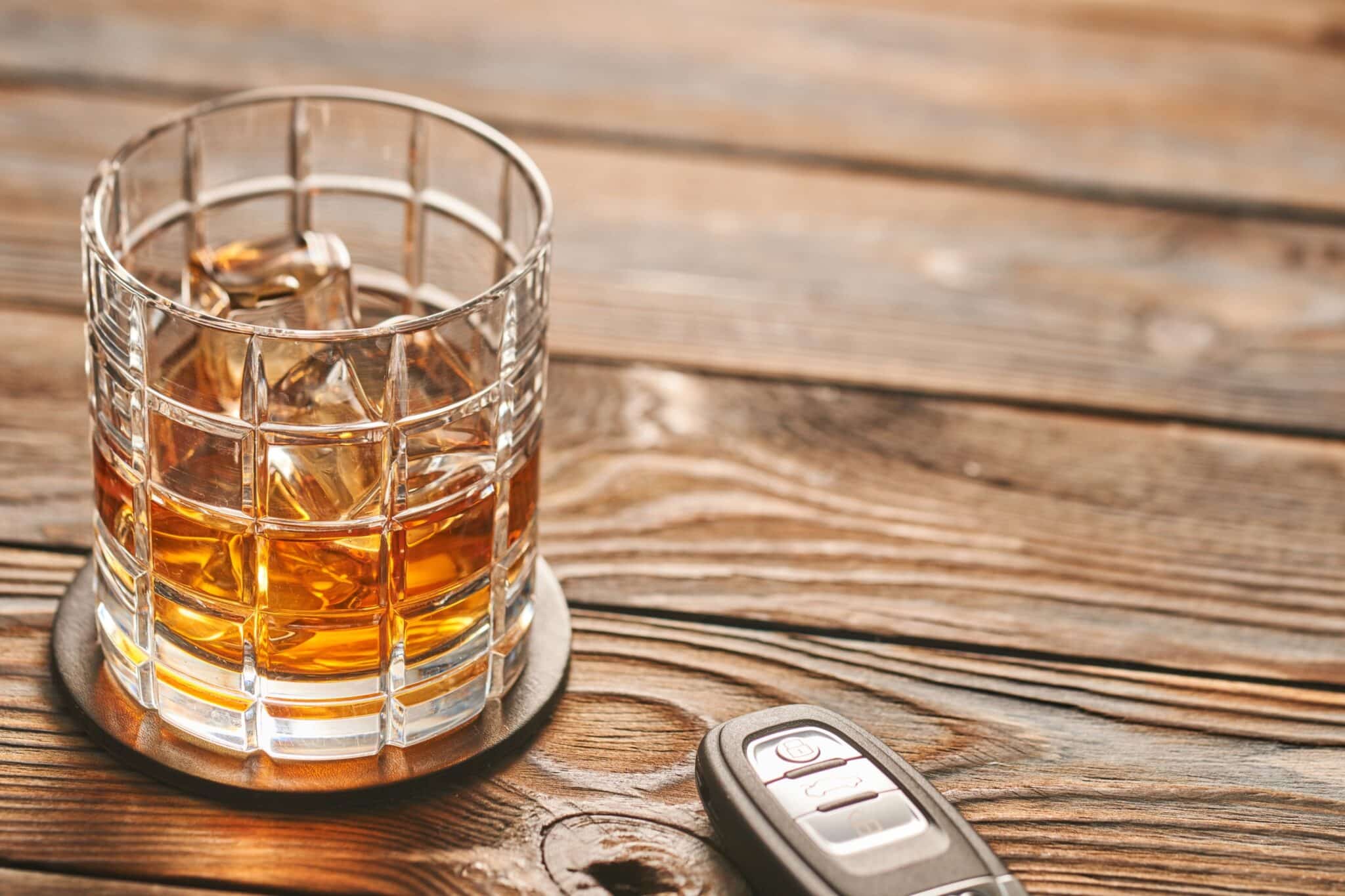
If you’ve been pulled over in Kansas City for drinking and driving, you’ve probably heard both “DWI” and “DUI” used to describe the charge. Many people think they’re the same and in Missouri, they’re closely related — but there are some important differences you should understand.
Knowing what each term means, and the penalties involved, can help you make informed decisions about your case and avoid serious consequences. If you’ve been charged with a DWI or a DUI in Missouri, you’re probably full of questions and KC Defense Counsel can help. Our experienced Missouri DUI/DWI attorneys have seen it all and we know how to help get your situation straightened out so you can tackle things one at a time to get through.
DWI vs. DUI IN MISSOURI
In Missouri:
- DWI stands for Driving While Intoxicated and is the official term used in state law (RSMo 577.010).
- DUI stands for Driving Under the Influence, and while it’s used in some other states, in Missouri it’s mostly used for drivers under 21 as part of the “zero tolerance” laws.
So, in Missouri:
- Adults are generally charged with DWI.
- Drivers under 21 may face DUI charges if they have a blood alcohol concentration (BAC) of 0.02% or higher.
WHEN CAN YOU BE CHARGED?
You can be charged with DWI in Missouri if:
- Your BAC is 0.08% or higher (0.04% for commercial drivers).
- You’re under the influence of drugs or alcohol to the point that you’re impaired, even if your BAC is below the legal
This means you can still be charged even without a breath test result if officers believe your driving was impaired.
PENALTIES FOR A FIRST-TIME DWI OFFENSE
For most first-time offenders, a DWI is a Class B misdemeanor. Penalties can include:
- Up to 6 months in jail.
- A fine of up to $1,000.
- 90-day driver’s license suspension.
- Possible installation of an ignition interlock device (IID).
The court may allow a “restricted driving privilege” with an IID so you can still drive to work or school.
PENALTIES FOR REPEAT DUI/DWI OFFENDERS IN MISSOURI
Missouri takes repeat offenses seriously:
- Second offense (within 5 years): Class A misdemeanor, up to 1 year in jail, $2,000 fine, 1-year license revocation.
- Third offense: Felony DWI, up to 4 years in prison, $10,000 fine, and longer license revocation.
If you’ve had prior alcohol-related offenses, the penalties escalate quickly.
WHAT ARE THE DUI PENALTIES FOR DRIVERS UNDER THE AGE OF 21?
For drivers under 21 with a BAC of 0.02%–0.08%:
- 30-day license suspension.
- Possible fines and court costs.
- Alcohol education or treatment programs.
If BAC is 0.08% or higher, the driver can face adult DWI penalties.
AGGRAVATING FACTORS THAT INCREASE PENALTIES
Some circumstances can make a DWI or DUI much worse:
- Causing an accident that results in injury or death.
- Driving with a child passenger.
- Having a very high BAC (0.15% or higher).
- Driving with a suspended or revoked license.
These situations can lead to felony charges, mandatory jail time, and longer license suspensions.
HOW CAN AN EXPERIENCED KANSAS CITY DUI LAWYER HELP?
A skilled Kansas City DWI lawyer can:
- Challenge the traffic stop (Was there probable cause?).
- Question the accuracy of breath or blood tests.
- Negotiate for reduced charges or alternative sentencing.
- Help you keep your license or obtain limited driving privileges.
Many DWI cases have procedural weaknesses that can be used in your defense — but only if you have an experienced attorney working for you.
What you need to know”
- Missouri officially uses the term DWI for most cases; DUI is mostly for underage drivers.
- You can be charged even if your BAC is under the limit if your driving is impaired.
- Penalties range from fines and license suspension to jail or prison time.
- Repeat offenses and aggravating factors make penalties much more severe.
LET KC DEFENSE COUNSEL HELP — CALL US TODAY
At KC Defense Counsel, our affordable Kansas City DWI lawyers have defended hundreds of Kansas City drivers facing DWI charges. We understand Missouri’s complex drunk driving laws, and we know how to fight to protect your record, your license, and your freedom.
If you’ve been arrested for DWI or DUI in Missouri, call us today for a free consultation. Acting fast can make all the difference in your case.
Cities we serve: Adrian, Archie, Bates City, Belton, Blue Springs, Buckner, Butler, Cameron, Claycomo, Cleveland, Drexel, Fairview, Ferrelview, Gladstone, Grain Valley, Grandview, Greenwood, Houston Lake, Independence, Kansas City Missouri, Kearney, , Knob Noster, Lake Lotawana, Lake Tapawingo, Lake Waukomis, Lake Winnebago, Lawson, Lee’s Summit, Liberty, North Kansas City, Oak Grove, Oakview, Parkville, Peculiar,, Platte City, Platte Woods, Plattsburg, Pleasant Hill, Raymore, Raytown, Riverside, Smithville, Sugar Creek, Tracy, Warrensberg, Weatherby Lake, and Weston.
Statewide: Missouri State Highway Patrol and Sheriff Counties we serve: Bates County, Cass County, Clay County, Jackson County, Platte County, Ray County.
Contact our experienced Kansas City traffic defense lawyers near me in Missouri and let us help begin building your defense. Let us help.
Disclaimer: This page is for informational purposes only and does not create an attorney-client relationship. Always consult qualified counsel regarding your unique situation.

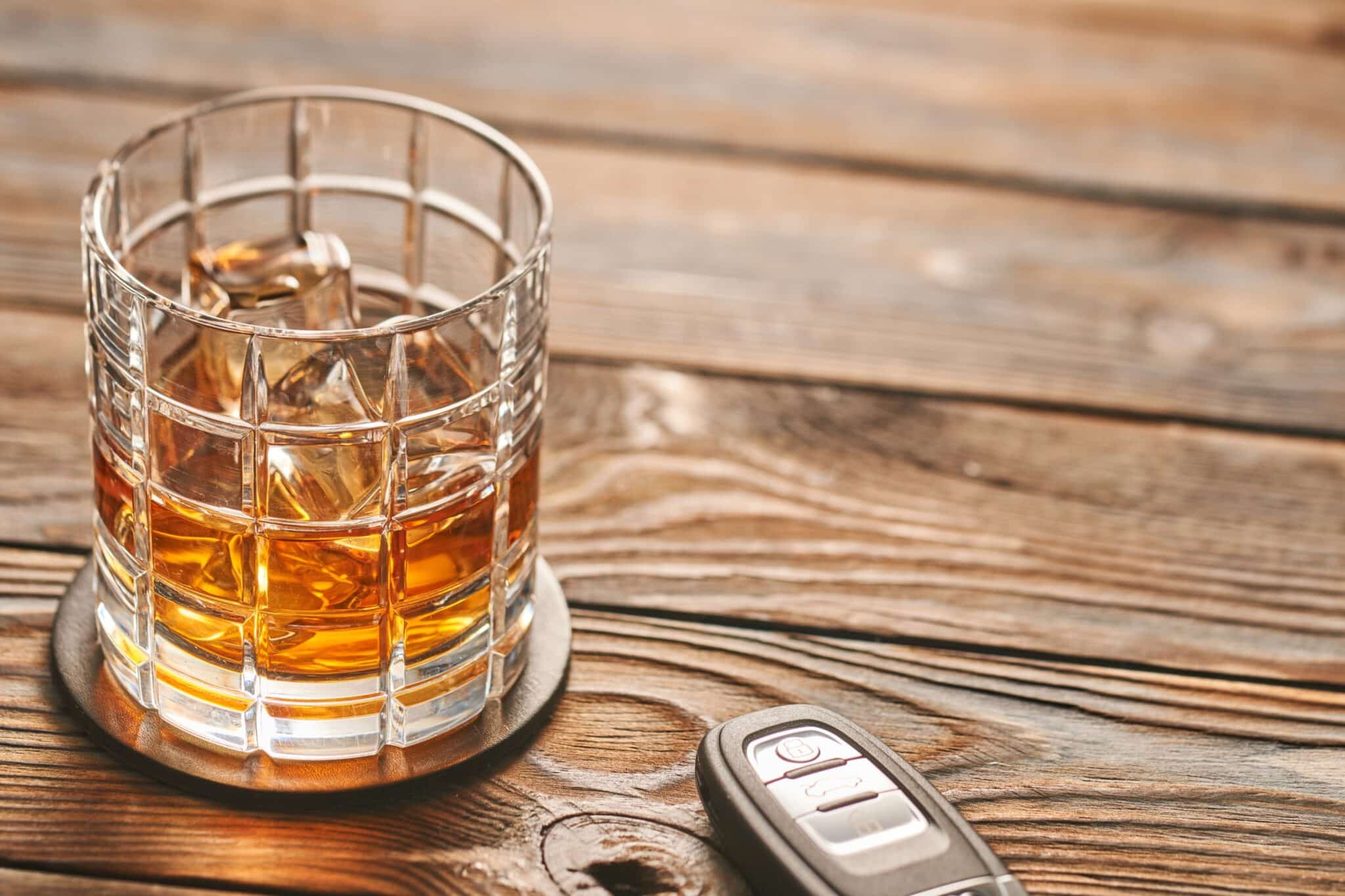

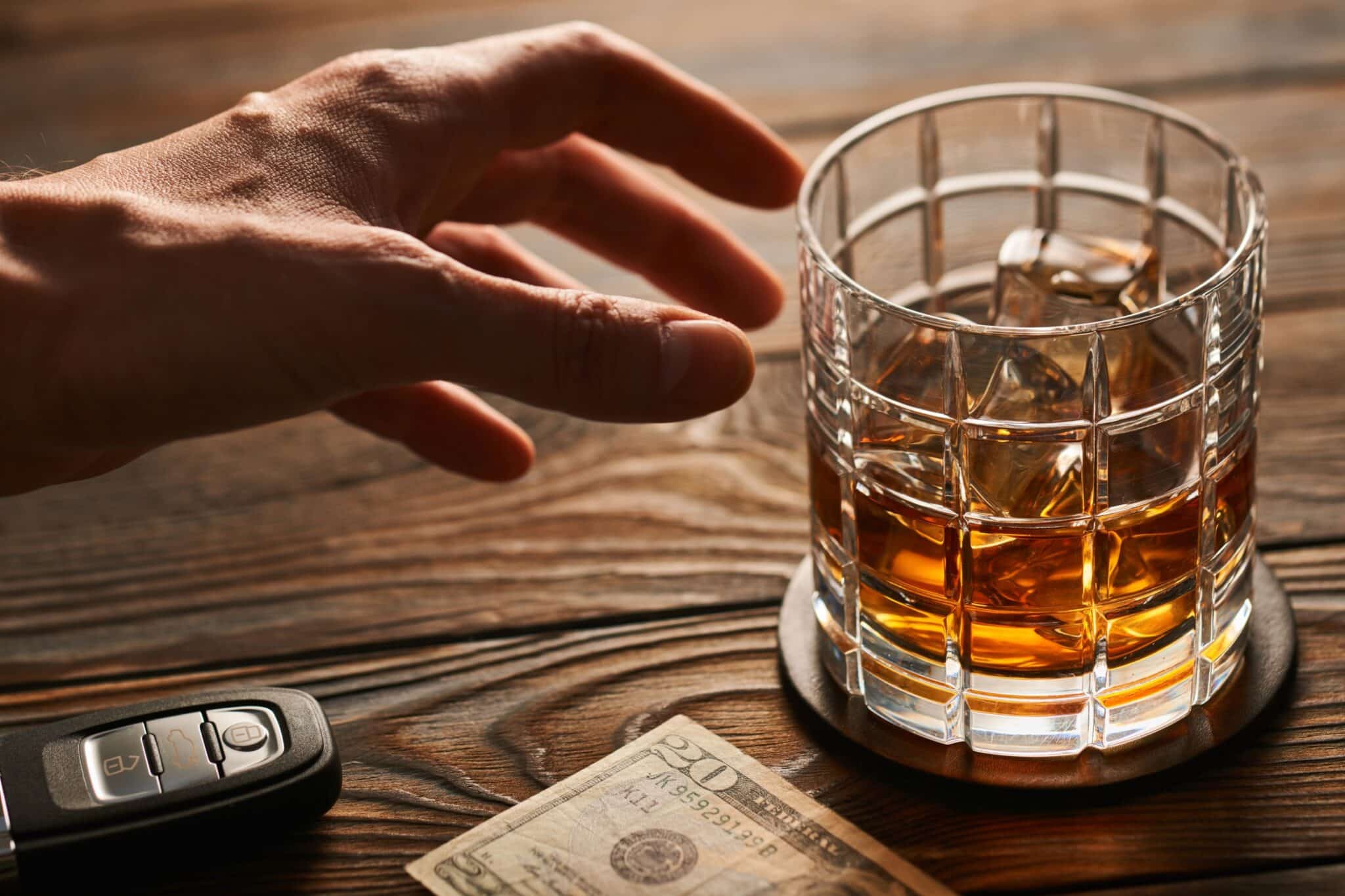


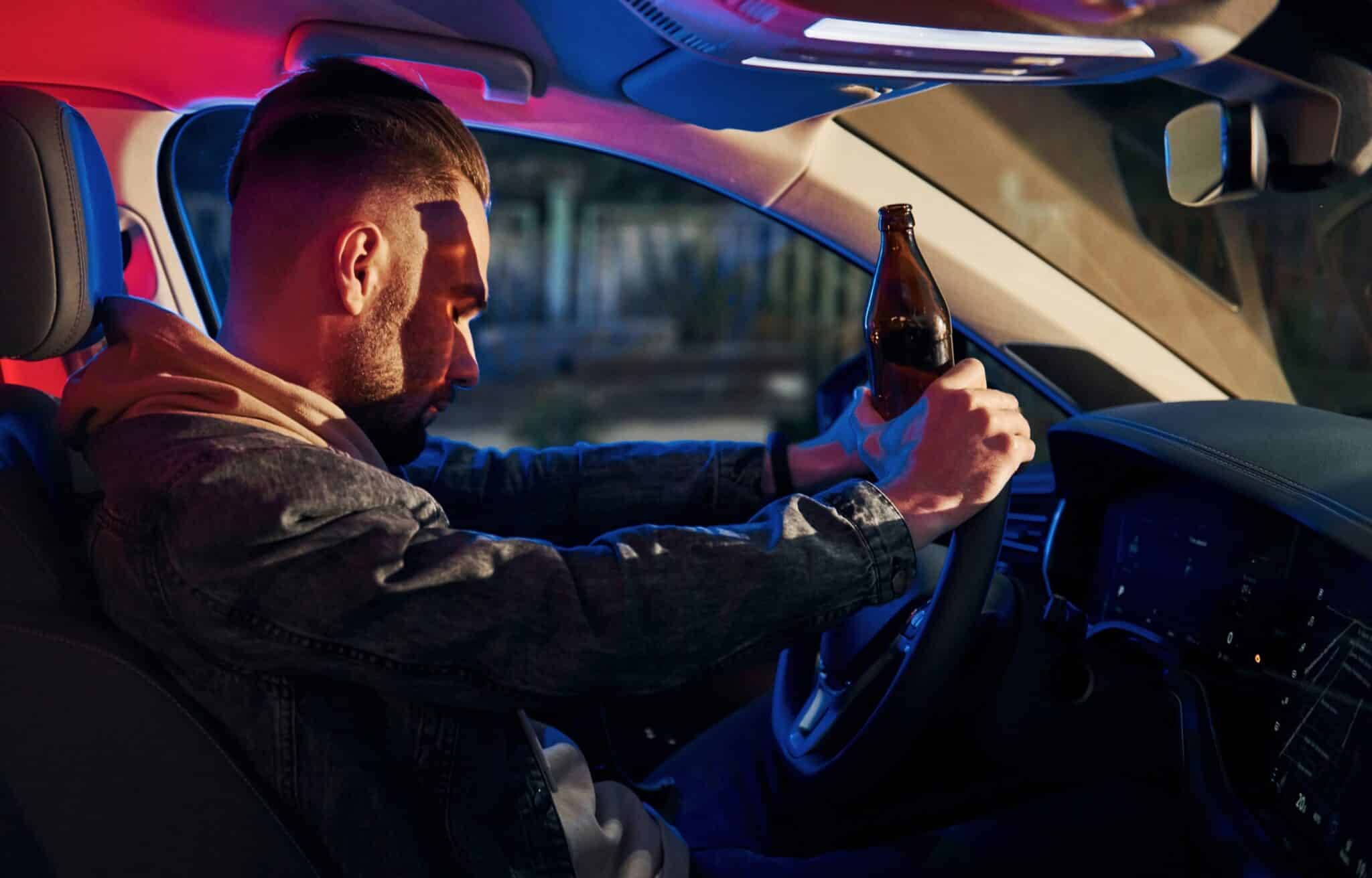
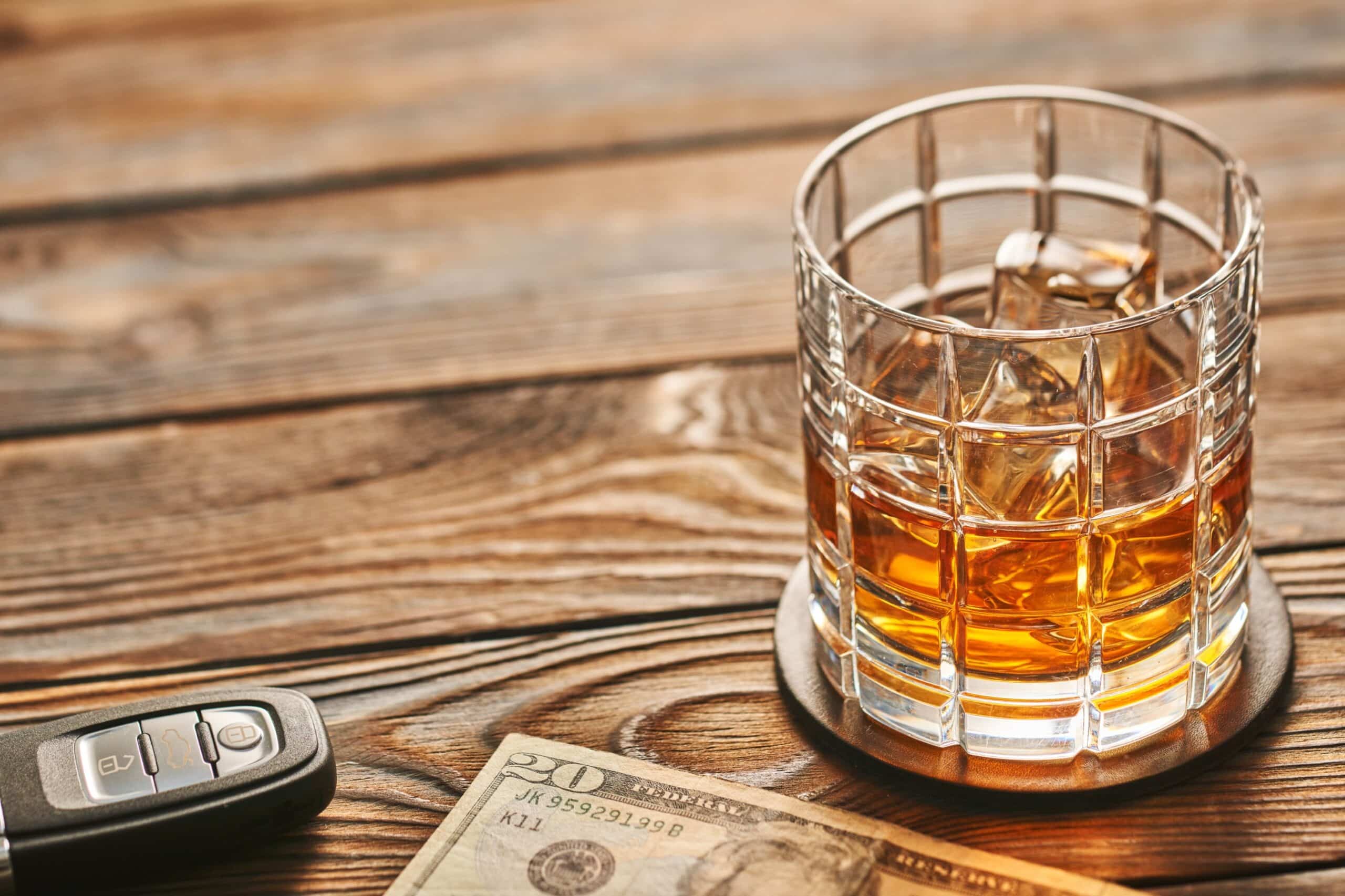
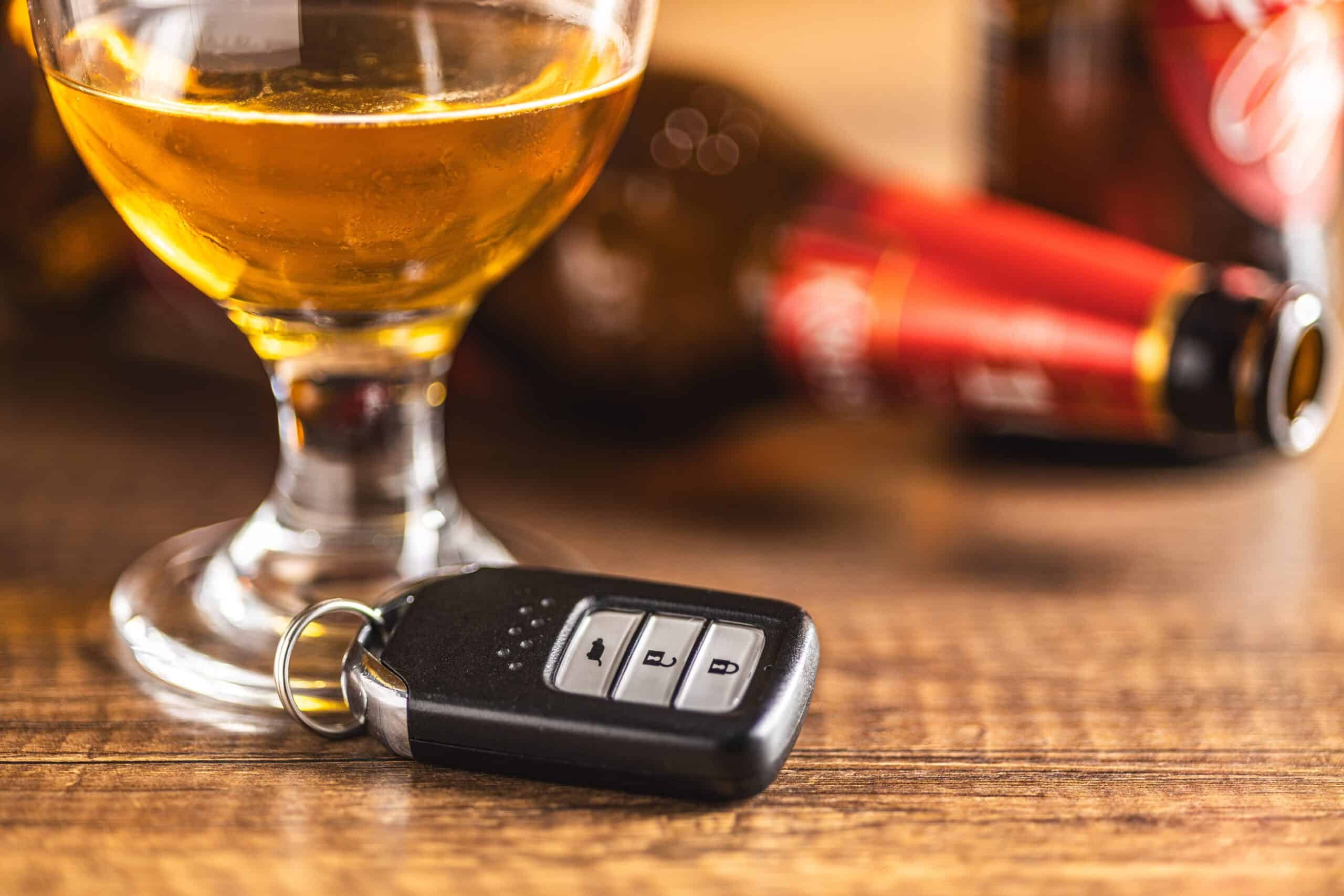

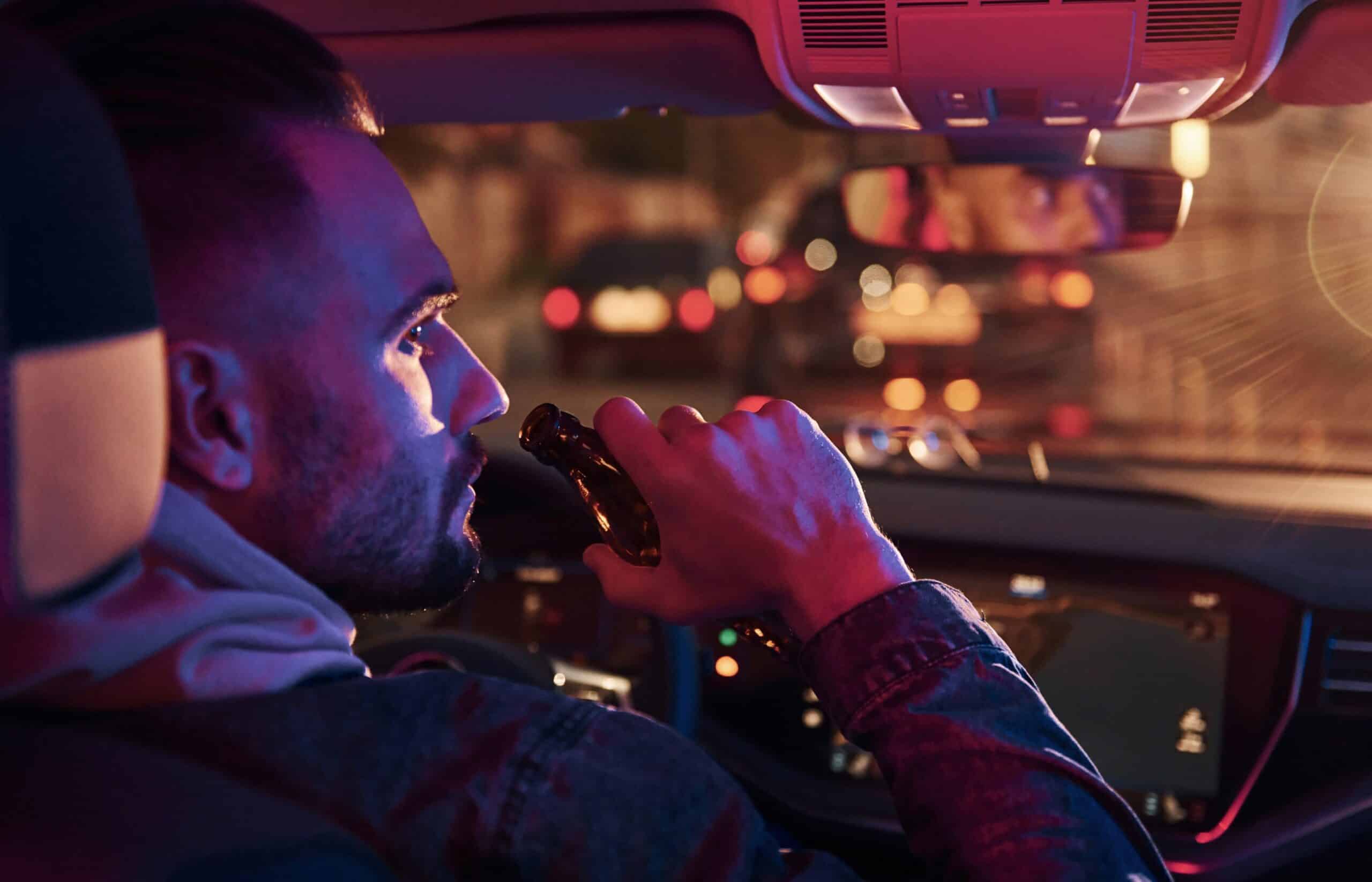
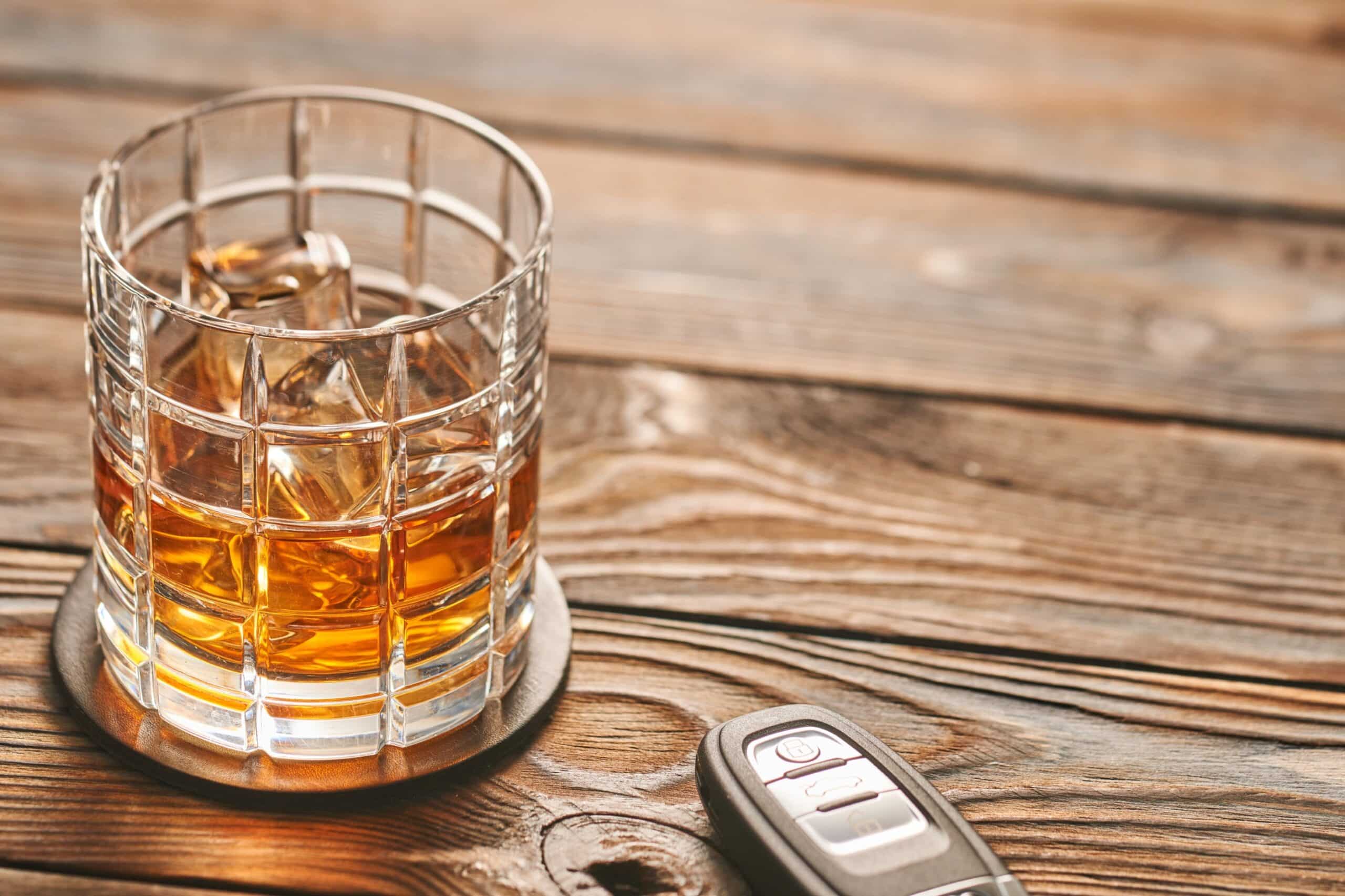





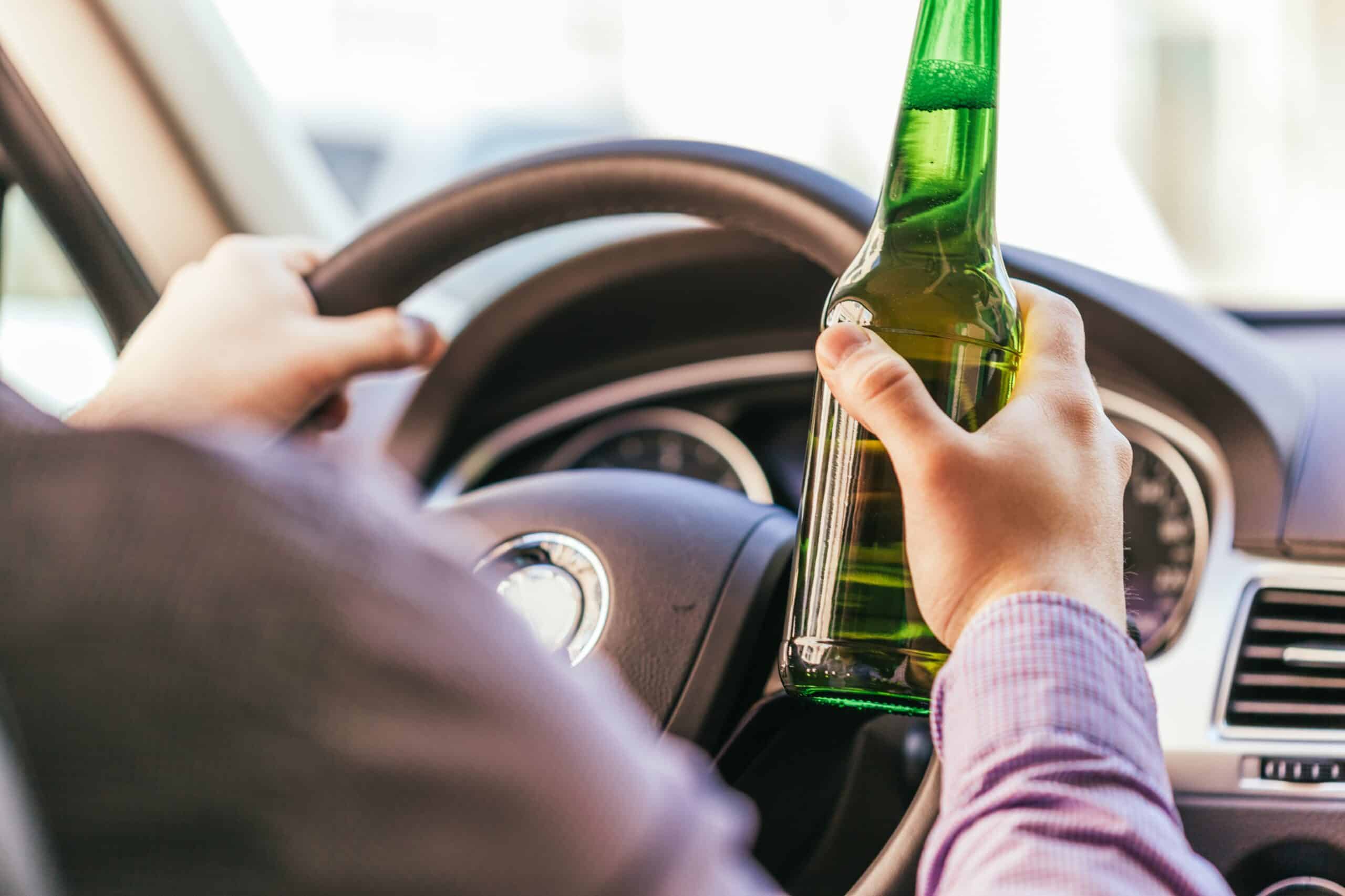





Recent Comments